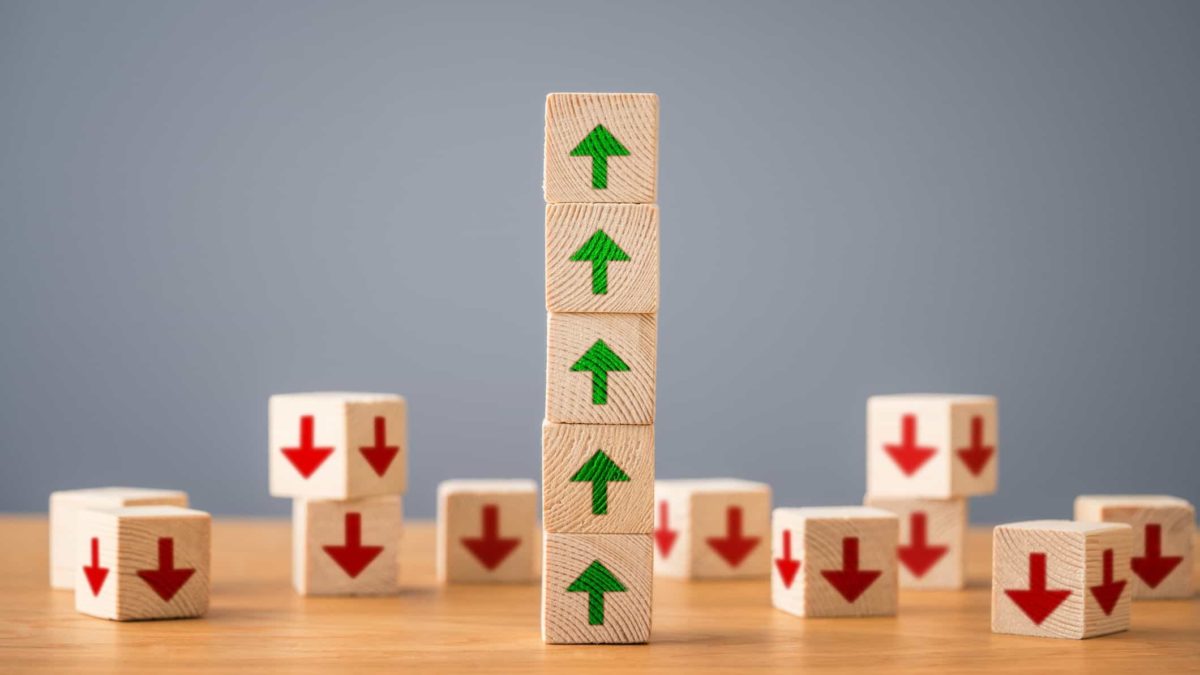'Reflation' has become something of an ASX buzzword over the past month or so. Everyone is talking about in somewhat dire terms as well, with questions like "what will reflation do to ASX shares?". Yet, relation doesn't sound like a bad thing. So what is this boogeyman, and why are investors worried?
'Reflation' usually refers to economic growth coupled with rising inflation. It normally implies the presence of both but made possible by government intervention. That doesn't sound so bad, you might say. Apart from the inflation part, that sounds rather manageable. And it's true. A 'reflationary economy' would probably be a good thing for most Australians. But not so much for the ASX investor. So why are investors seemingly scared of a growing economy? That should be a good thing right?
Well, only the 'growth' part is good. It's the inflation part that's got everyone worried. Up until now, we've enjoyed a rebounding economy with ultra-low inflation and interest rates. Just yesterday, in fact, we reported on how the Australian economy grew by a stunning 3.1% over the last quarter.
Growth is good, inflation not so much
Normally, inflation isn't a good thing for investors, but it's not catastrophic if it's tied to economic growth. If prices are rising across the board, many (though not all) companies will be able to raise the prices of the goods and services they sell without too much issue.
But it's what comes with inflation that has people worried in 2021. And that's higher interest rates. Higher interest rates are bad for the share market because it increases the appeal of other (safer) interest-rate-sensitive assets like term deposits and government bonds. An ASX dividend share yielding 3% looks pretty good against a savings account yielding 0.8%. If that savings account yields 4%, that dividend share doesn't look so appealing. In this way, interest rates are the financial equivalent of 'beer goggles' for the share market.
A report from the Australian Financial Review (AFR) this week sums it up nicely:
Now the risk is that inflation resurfaces, and bond yields rise more sharply than anticipated, overwhelming the rise in earnings during a recovery. The impact could easily end the rally of 2020, leaving markets suffering withdrawal symptoms despite a global economic boom.
It seems a little unfair, doesn't it? The possibility of falling share prices at the same time as a "global economic boom"… But remember, investors have been enjoying exactly the opposite of that over the past year. The global economy crashed, but share markets boomed. Sometimes, the chickens just have to come home to roost.








